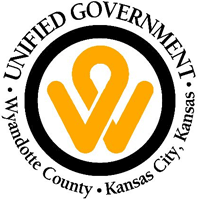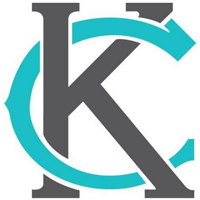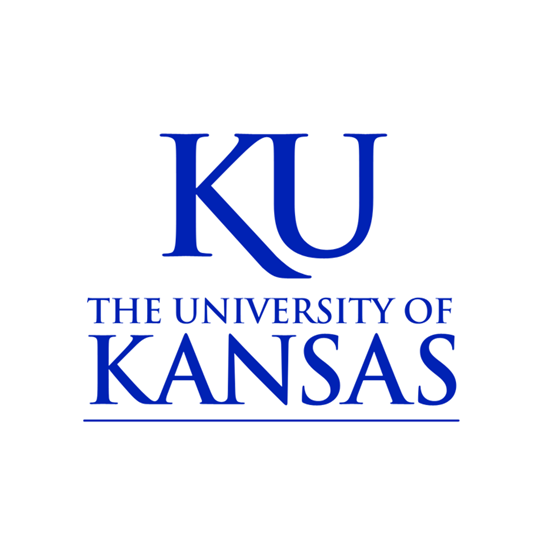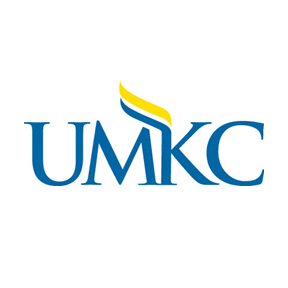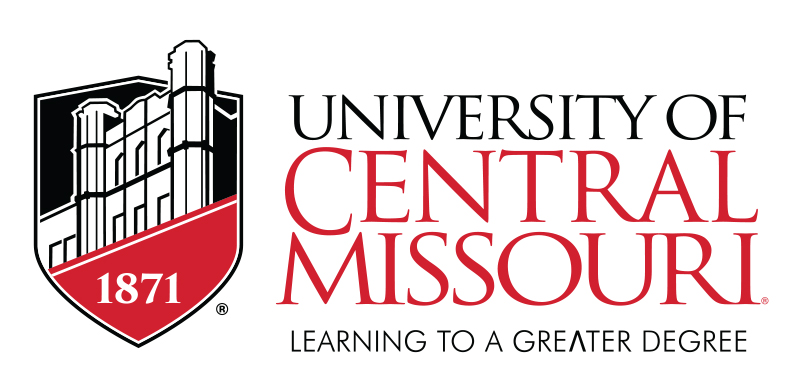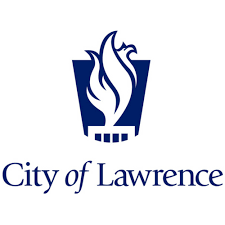MetroLab Network
A platform for applied research projects between cities and universities
Partners in the Greater Kansas City network
Total city-university partnerships
Active projects in the Greater Kansas City portfolio
Cities and university researchers working together
The MetroLab Network is a consortium of 35 city-university partnerships across the US that fosters collaboration between local governments and academic researchers and practitioners. As city and county governments continue their efforts to be responsive to trends in emerging technology—devices, networks, data, and more—they are continually looking for additional resources and partners to keep up. Universities offer a home not only to forward-looking researchers with specialized domain knowledge, they also host students and faculty interested to apply their ideas and develop their skills in a real-world context. Our local MetroLab partnership offers a vehicle to identify project opportunities for city-university collaboration and to share learning with peers across the country.
This partnership is formalized by a Memorandum of Understanding that lays out basic obligations of participating members.
- Designate an individual as MetroLab Network lead and point person for communication
- Commitment to identifying problems, capacity, and expertise that might benefit partners
- Agreement to meet regularly to discuss, identify, and pursue opportunities
- Openness to collaboration across the region and the larger network.
The initial parties in the Greater Kansas City partnership are Kansas City, KS; Kansas City, Mo, University of Kansas, University of Missouri-Kansas City, and KC Digital Drive.
MetroLab partners focus on research, development, and deployment (RD&D) projects that offer technological and analytically-based solutions to challenges facing urban areas including: inequality in income, health, mobility, security and opportunity; aging infrastructure; and environmental sustainability and resiliency.
City-university partnerships are mutually-beneficial relationships in which the university is the city’s RD&D department and the city is a test-bed. Faculty and students get access to real-life laboratories to test advanced approaches aimed at addressing city priorities and challenges. Cities, and their residents, benefit from technologies and policies that leverage digital and information technology, data analytics, sensing, and more.
Individually, city-university RD&D partnerships are beneficial and help drive innovative approaches in government. When networked together, they present an opportunity to scale effective solutions, accelerate best practices, and advance the understanding of urban science.
Greater Kansas City MetroLab Partners
